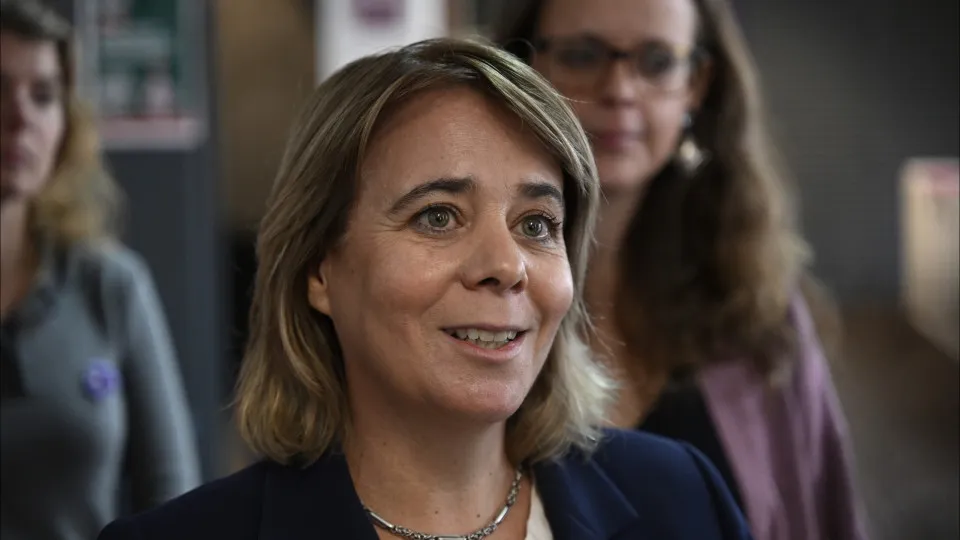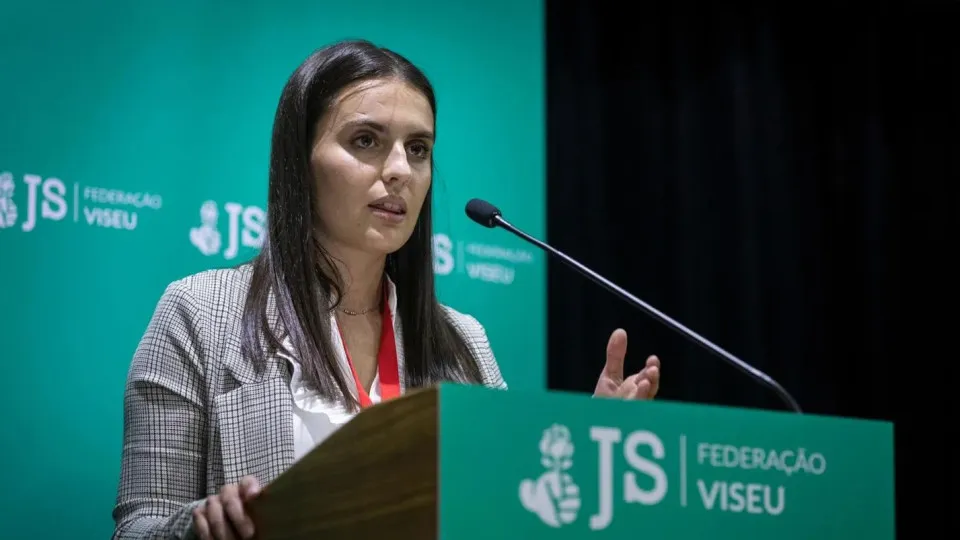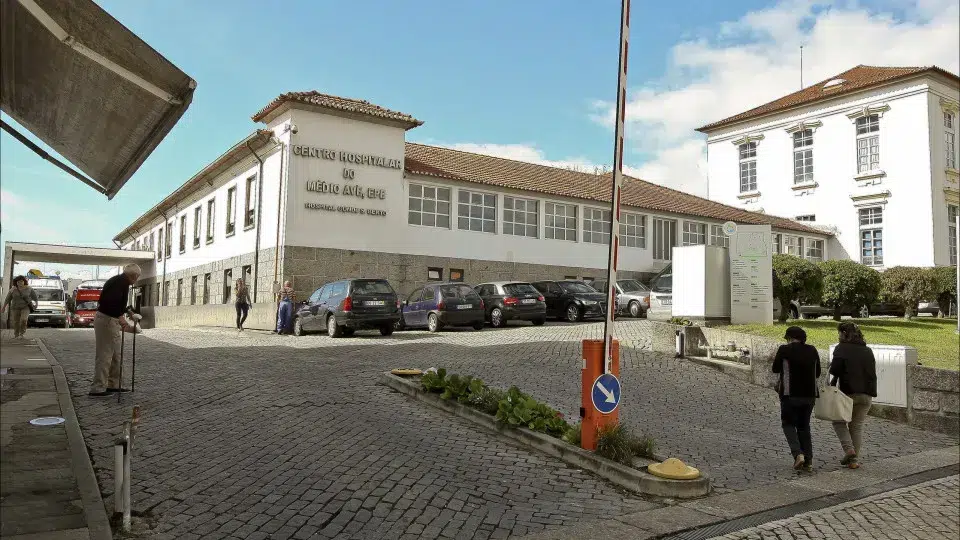
The ceremony is scheduled for 12:00 at the Palácio da Ajuda, in Lisbon.
The new government includes fewer women than the previous administration, also led by Luís Montenegro, and has one more member, with a 30% renewal at the level of State Secretaries.
In total, the government will have 60 officials, including the prime minister, of which 20 are women (33%), compared to the previous 24 out of 59 (about 40%).
Among the newly named State Secretaries, there are 13 fresh faces (30% of the total), including notable figures like PSD Vice-President Rui Rocha, former vice-president under Rui Rio, and former mayor of Ovar Salvador Malheiro, as well as João Manuel Esteves, who was until the end of March the president of the Municipal Council of Arcos de Valdevez, serving his third term.
The new entries also include João Valle e Azevedo, a deputy and economist at the Bank of Portugal, Tiago Macieirinha, former legal advisor to Passos Coelho, Bernardo Correia, director-general of Google in Portugal, and Cláudia Sarrico, an OECD analyst for higher education.
The government sees the departure of 11 State Secretaries, including José Cesário, who held positions in several PSD governments overseeing Communities; he will be replaced by Emídio Sousa, the former Secretary of State for the Environment and number two for Aveiro in the May 18 legislative elections.
Also leaving the government are Cristina Vaz Tomé, previously in Health, and Paulo Marcelo, in the Presidency, both of whom were elected deputies and might return to parliament, alongside José Cesário, who led the list for the circle of Outside Europe.
Some State Secretaries are reallocated to different ministries, such as Ana Isabel Xavier moving from Defense to Foreign Affairs. Changes in the government structure, such as those affecting the portfolios of Economy, Culture, and Sports, also prompt shifts.
Several ministries retain their State Secretaries, including Finance, Territorial Cohesion (which inherits the State Secretaries of Economy), Internal Administration (despite a change in the ministry’s head), as well as Infrastructure and Housing or Labor.
Conversely, both State Secretaries in the Ministry of Justice have been changed, while the Parliamentary Affairs Ministry is the only one without any State Secretary, having lost Sports and Communication to other portfolios.
Additionally, a new Ministry of State Reform, with two new State Secretariats, introduces a politically significant shift: Rui Freitas, formerly Secretary of State Deputy and for the Presidency, now also takes on Immigration, an area central to current debates.




